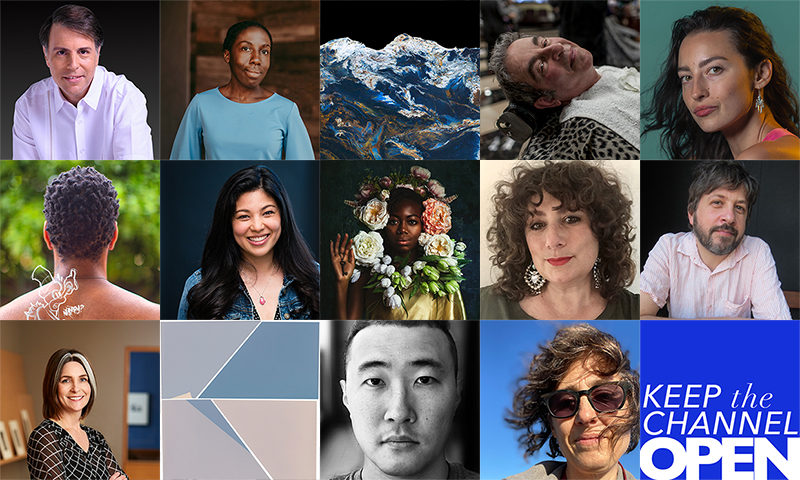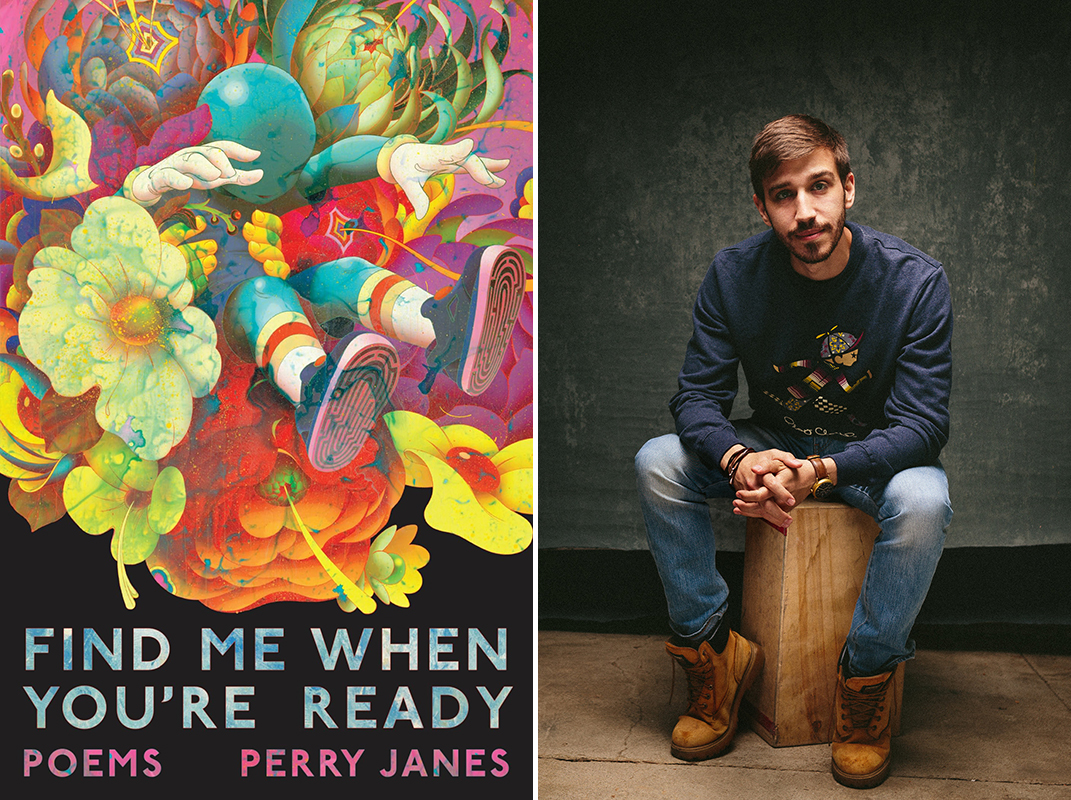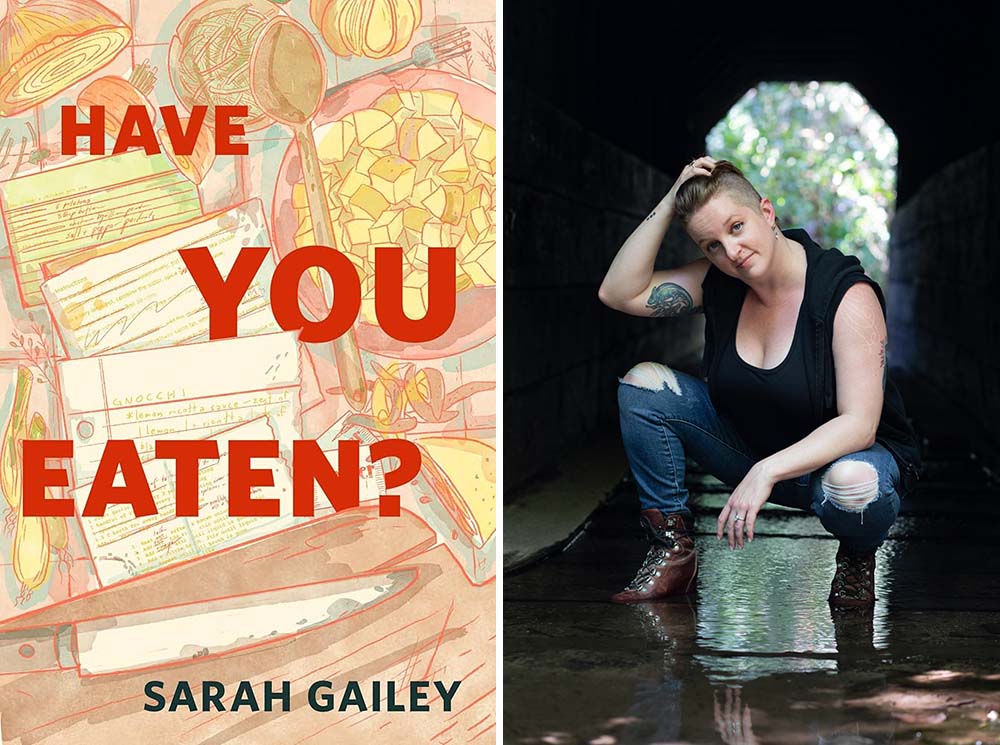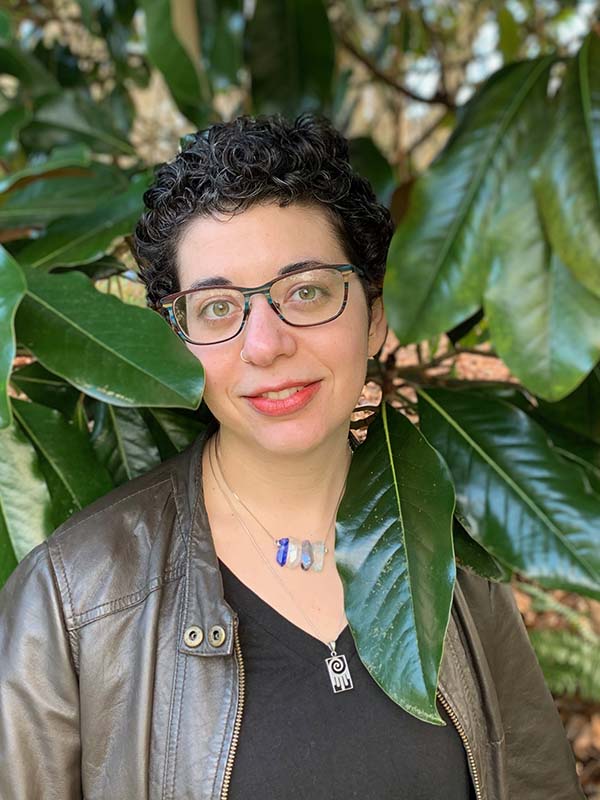New KTCO: Checking In

Since the election in November, the news has been full of terrible things—as, indeed, it has been for many years, but the terribleness continues to accelerate. One of the things that has been on my mind the most in the past month is how important community and connection are during difficult times. How it’s the people who we know and who know us who end up sustaining us.
In January, it will be nine years since Keep the Channel Open started, and in that time I have talked with a lot of people. So, taking a page from Rachel Zucker’s “Global Roll Call” episodes of Commonplace, which she produced during the depths of the pandemic lockdowns in 2020, I reached out to past KTCO guests and invited them to give some updates about where they are, how they’re doing, and who they’re thinking of right now. I’m pleased to be able to share the responses with you.
Wherever you are, I hope you’re safe and healthy, that you’re thriving. Wishing you the best possible 2025.
Hey, It's Me: Bring Your Whole Self, Including Your Hopelessness
Rachel and I recorded this episode just a few days after the election, and one of the first things we talked about was whether to try to release it right away or whether to wait until it would normally come up in the release schedule. And in retrospect I’m glad we waited. There’s something kind of nice about ending the year with this particular episode, which, yes, has a lot of anxiety in it but also has the two of us doing what we do best: just being friends.
I hope that, wherever you are, you are surrounded by people who love you, who you love. I hope you’re getting what you need. Take care.
- Web Player + Show Notes
- Transcript (coming soon)
- Apple Podcasts
- RSS
Hey, It's Me: Beard or No Beard
Despite being a huge Star Trek fan for most of my life, there are still a number of Trek series that I haven’t watched all the way through. I’ve been taking the opportunity lately to remedy that, and am currently watching my way through Voyager. Which is what prompted me to post a thread on Bluesky a couple of months ago in which I speculated about whether the various men of Star Trek would be any good in bed. That thread, in turn, is ostensibly what Rachel and I are talking about in today’s episode of Hey, It’s Me.
I say ostensibly, though, because—as you might guess—the conversation goes completely off the rails, despite both of us repeatedly trying to bring ourselves back on topic. Over the course of nearly 90 minutes, Rachel and I talk about hating men, the difference between arousal and attraction, several different flavors of my shame, tender porn, aligning kinks, and whether “being good in bed” even means anything. I’m not sure whether this episode is hilarious or cringy or both, but hopefully it’ll be a good listen.
New KTCO: Perry Janes

The thing that struck me the most when reading Perry Janes’s debut poetry collection, Find Me When You’re Ready, is not that it contains poems about trauma. Rather, it’s that the poems about the speaker’s trauma make up such a relatively small part of the collection. The rest of the collection doesn’t ignore what came before, but rather than dwelling in the moment of trauma, the later poems allow the speaker to move on and begin to heal. That’s just one of the things that Perry and I talked about in our conversation, which I hope you enjoy.
Hey, It's Me: Some Interest and Also Some Trepidation
If there is any person who has been a part of this show without having actually appeared in it, it’s David Naimon. Back in episode 7, Rachel said she feels like “we’re in a throuple on this podcast with David” and then asked if we should finally invite him to join us. Well, we did, and this is it.
We start off in a very Between the Covers-ish kind of space, discussing form and genre in podcasting and how that all applies to the making of Hey, It’s Me. But by the end, we wind up in an extremely Hey, It’s Me place. After all, wild tonal shifts are what this show is all about.
Hey, It's Me: There's Always Going to Be a Disconnect
In today’s episode, Rachel and I are talking about in this one is neurodivergence, the stigma around mental health diagnoses, asking for what we need, and having to hold other people’s feelings.
It’s an interesting thing, making a show where there is such a gap between recording and release. Every episode becomes a bit of a time capsule. There is almost always something one or both of us has changed our minds about since we recorded, or that we no longer feel. Or, as in this case the situations in our personal lives or in the world at large have changed.
We recorded this episode in August. The election hadn’t happened yet at that point, obviously, but it was also still relatively early in Rachel’s son’s cancer treatment. We aren’t the same people we were at that point, and our lives don’t look the same—in some small ways, in some big ways.
We have recorded a conversation about the election, so you know. That will be released at the end of December. It’s possible by then that the things we say in that episode won’t be relevant anymore, or won’t represent how we think or feel anymore. But that’s okay. This show has always been more about the process than the end result. As we’ve said: we don’t know what we’re doing, but we’re doing our best.
New KTCO: Sarah Gailey

I am always so happy when I get the chance to talk with Sarah Gailey. They’re now officially part of the Four Timers Club on KTCO (along with Rachel Zucker), and I couldn’t be more pleased about it.
For this latest conversation, we talked about Sarah’s new novella, Have You Eaten?, which follows a group of four young, queer friends as they traverse a collapsing America, and which asks the question “What does it look like to take care of each other in a time of crisis?” It’s a question that feels so urgent right now, and for a while now. Sarah and I talked about the experimentation in fiction, vine-ripened tomatoes, cooking as an act of care, and what apocalypse means. And in the second segment, they almost made me cry by being nice to me (though they would vociferously deny that “being nice” was what they were doing, and fair enough), and then we talked about sin-flattening and high-control groups, and the necessity of interpersonal repair.
Hey, It's Me: Breaking Format, Part 2
(CW: cancer, grief)
After the message you heard in the previous episode, it understandably took some time for things to get to a point where Rachel and I could sit down and record a conversation. When your son gets diagnosed with terminal cancer, it changes a lot about your life. But eventually we did find a time to talk to each other about what her life has been like since her son’s diagnosis. It is, as you might expect, a difficult conversation. But I suppose that is what we’re here for.
Hey It's Me: Breaking Format
(CW: cancer, grief)
It’s kind of a strange thing to be making a podcast that is more or less about just ourselves, and one of the stranger parts of it is recording the episodes so far in advance of when we release them. The version of us that you hear in an episode when it posts is not the same as the one living in the world on that same day. That’s always been true, and it’s always true of any podcast. But Rachel’s life has changed a lot recently, and in very difficult ways, and it’s felt a little weird that the show hadn’t caught up to that yet. Well, now it has. Rachel’s son has cancer, which she found out not long before the message she sent me that we’re sharing as this episode.
This episode is different from our previous ones, in form and in content. It’s kind of hard to listen to—though, at that, not as hard as living through the things Rachel talks about. But if this show is about us, then this is where we are right now. Or, at least, it’s where we were at the time we recorded these messages. Life continues to proceed, often painfully, sometimes with spots of peace or joy or levity. We don’t know what we’re doing, but we’re doing our best.
New KTCO: Rachel Edelman

I had a chance to read Rachel Edelman’s debut poetry collection, Dear Memphis, this past spring, and I was struck by how familiar the feelings and questions of these poems felt to me. Questions about what it means to be from a place where you and your people are held apart. About what heritage and inheritance mean, about the difference between exile and diaspora and migration. About being part of a minoritized, oppressed group that nevertheless experiences privilege, and sometimes participates in the oppression of others. About what home means. For Edelman’s speaker, these questions arise from being Jewish in the South. For me, similar questions arise from being Japanese American. It’s not the same, of course, but the way our experiences seemed to rhyme intrigued me, and led to a wonderful conversation about the book, about self-awareness, and about connection through letter-writing.